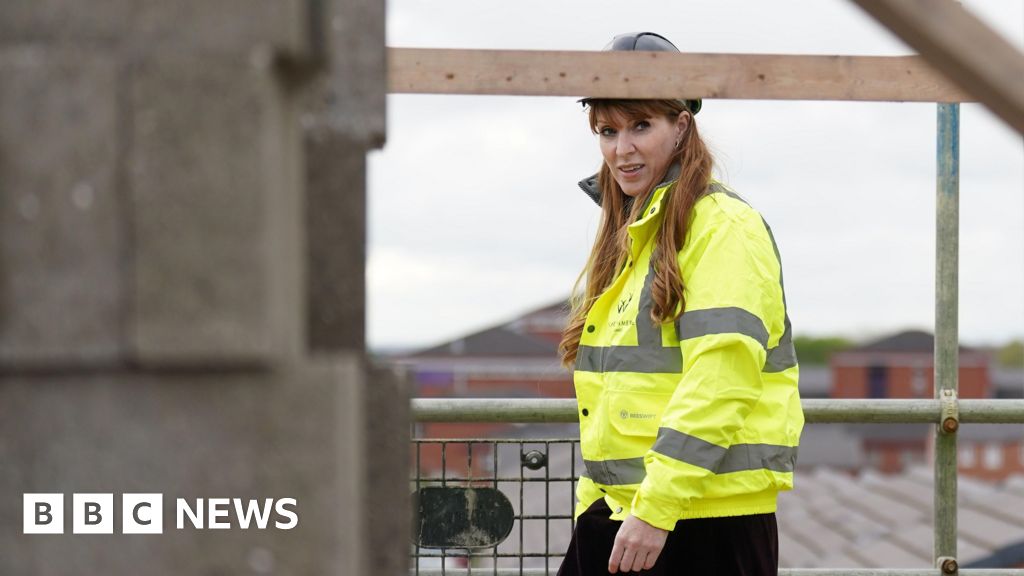The Labour metro-mayors of both Liverpool and Manchester regions have both said they want to see more social housing built in their regions.
In May, Andy Burnham, leader of Greater Manchester, called on the-then Conservative government to pause RTB on new builds after losing 500 social homes to the scheme in 2022.
He argued that if planned homes could be bought by their tenants, it would be “like trying to fill a bath without the plug in”.
On Merseyside, virtually all former council housing stock was transferred to housing associations over the last two decades.
But metro mayor Steve Rotheram says registered social landlords (RSLs) have inherited some of the problems that came with RTB.
He says one Merseyside RSL had lost about a third of its homes through sales to tenants in the decade since the housing stock was transferred.
People who are tenants of RSLs can buy their homes under “preserved” RTB if they lived in their homes when the council owned them.
And once someone has lived in an RSL property for three years, they can apply for the Right To Acquire.
Rotheram says cheaper borrowing rates for RSLs and a moratorium on sales would help boost growth in social housing.
“You are not going to build a lot of houses for someone to come along in three or four years and buy it below market value,” he says.
“How we deal with this is part of our growth plan going to the government, and we are now trying to see if we can work with [Rayner] to come up with proposals.”
Blackpool Council’s cabinet member for economy and the built environment, Mark Smith, is clear that while the money generated from RTB sales is used to support various investments in housing, the RTB receipts his council receives are “not sufficient to replace lost social rent housing”.
And he says even with changes such as the government giving councils more flexibility to allow RTB receipts to be used alongside cash from other streams such as funds given by developers who get planning permission for private schemes, there is still some red tape in the way of using different types of funding together to build council housing.
“We do the best we can within the parameters of the policy as it exists currently but there is always room for improvement,” he says.

